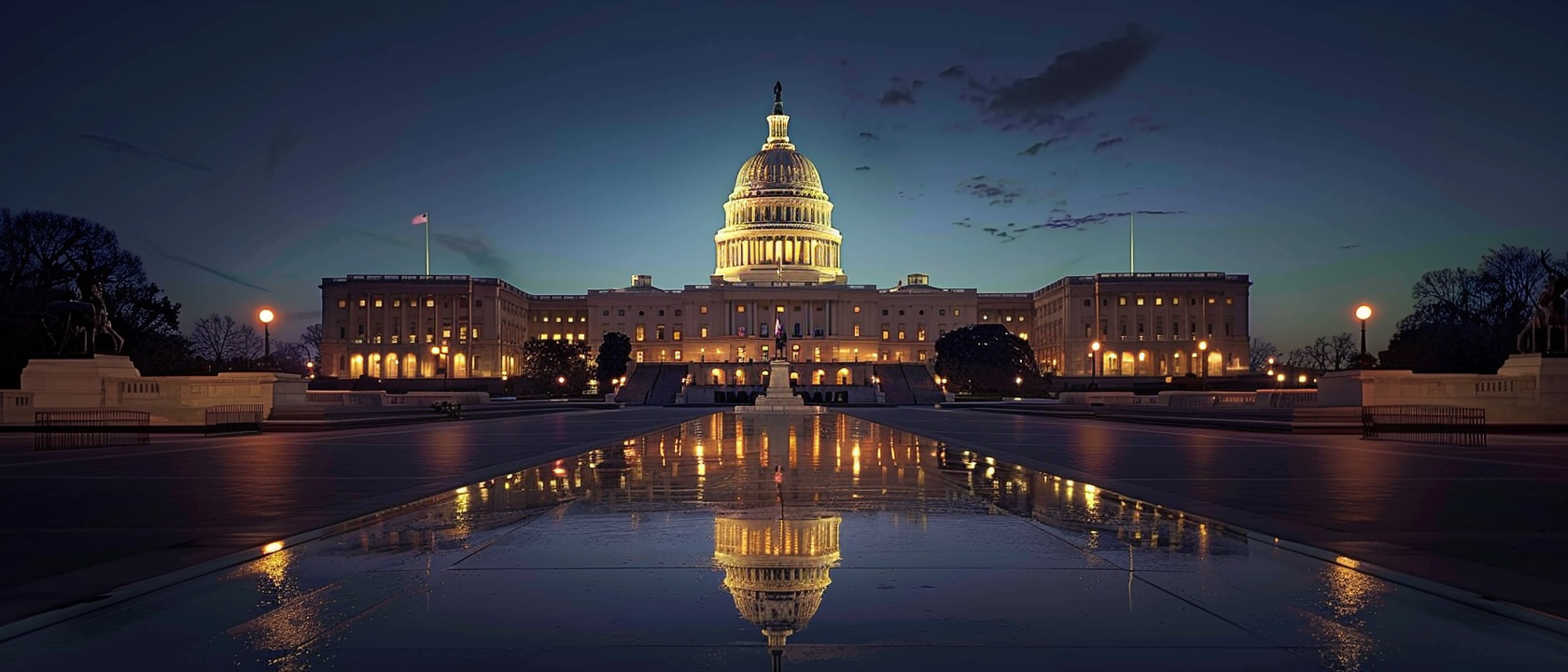

The Senate's late-night vote to renew the FISA surveillance program ignited bipartisan concerns over privacy.
In a late-night vote on April 20, the Senate passed the Reforming Intelligence and Securing America Act, a bill that reauthorizes Section 702 of the Foreign Intelligence Surveillance Act (FISA), sparking criticism from several lawmakers over privacy issues. The bill was approved with a 60–34 vote, surpassing the deadline at 12:45 a.m. ET.
Senate Majority Leader Chuck Schumer (D-N.Y.) hailed the passage as a victory for national security. "We have good news for America’s national security: Senators have reached an agreement that clears the way to approve FISA reauthorization tonight," Schumer said. He touted the importance of the act in combating 'various threats,' stating, "Allowing FISA to expire would have been dangerous. It’s an important part of our national security toolkit and helps law enforcement stop terrorist attacks, drug trafficking, and violent extremism."
However, the bill's approval has been met with strong opposition, particularly from Republican senators who argue that it infringes upon Americans' constitutional privacy rights. One of the outspoken critics, Sen. Mike Lee (R-Utah), voiced his objections on social media platform X, condemning the legislation as a "horrible bill" that disregards the rights of American citizens. "This is not a day to celebrate," Lee added, after the Senate rejected multiple amendments aimed at reforming Section 702.
Tonight the Senate passed the House-passed FISA expansion bill—after rejecting seven different amendments requiring a warrant and otherwise reforming FISA 702.
— Mike Lee (@BasedMikeLee) April 20, 2024
This is a horrible bill.
It shows wanton disregard for the rights of Americans.
This is not a day to celebrate.
Sen. Ted Cruz (R-Texas) echoed these sentiments. He voted against the bill, stating it "did not go far enough in protecting Americans’ privacy rights from intrusions by the federal government." Cruz highlighted past abuses of FISA and called for a balance between national security and constitutional privacy protections.
Another critic, Sen. Kevin Cramer (R-N.D.), pointed out the Department of Justice's unacceptable surveillance practices, which he believes violate the Fourth Amendment. "The prohibition on unreasonable search and seizure can’t be taken for granted," Cramer stated.
Some Democrats also opposed the bill, including Sen. Ron Wyden (D-Ore.), who argued that Americans should not have to sacrifice their liberty for security. Wyden criticized his colleagues for rejecting amendments that would have added more stringent reforms to the law.
The bill, which faced three blockages in the past five months by House Republicans, finally passed in the House last week by a 273–147 vote after its duration was reduced from five years to two years.
Despite efforts to amend the bill with stronger civil liberty protections, none of the proposals, including those by Sens. Dick Durbin (D-Ill.) and Rand Paul (R-Ky.), gained traction in the Senate.
The legislation is now pending President Joe Biden's signature. The White House has expressed its support, with the President expected to "swiftly sign the bill into law."
Reforming Intelligence and Securing America Act